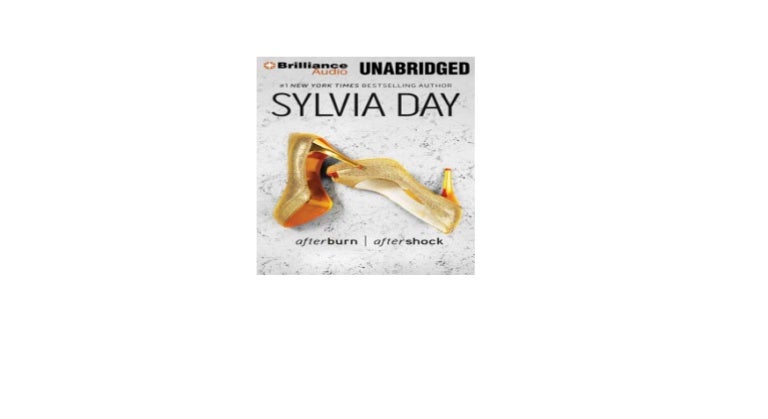

The realization that Jax still affected me so strongly was a jagged pill to swallow.

It's derivative, yes, but so were several films that followed "Accused." That floozy business is the most interesting part of the pattern, though, and this made-for-TV movie gets rid of it pretty quickly.#1 New York Times bestselling author Sylvia Day, America's premier author of provocative fiction, delivers two novels from Cosmo Red-Hot Reads from Mills & Boon. The location shooting, in Southern California, isn't bad. No power on earth could force me to reveal who wins the case. The Air Force deems it pilot error, but Dern, the faithful wife, knows there is what she calls "a cover up." And so there is. Rooker plays a mixed-up family friend who's heart is in the right place. Spano is handsome too, I suppose, although we see a bit more of him than we need to perhaps. Her face is an interesting object as well, long and thin, with appealing blonde hair and darker brows and lashes. She gives the role everything she's got and is quite good, throwing her ectomorphic body with those endlessly long legs around so carelessly. She remains an outspoken woman, of course, but her demeanor and grooming change, gradually, until by the end she is perfectly fashionable by any middle-class definition. Therefore, as the movie progresses, so does Dern. The producers and writers must have realized that if they wanted to hook the female audience, this coarseness could only be taken so far. We can all recognize her as exactly the type of girl a Captain in the United States Air Force, an officer and a gentleman by act of Congress, would propose marriage to. She wears cheap-looking clothes, and she's easy. She wears her golden hair up in a great big pile on top of her head. She talks back to authority figures and smartasses smug housewives. Vincent Spano is a sexy pilot and Dern is a sexy waitress in a saloon. This one, starring Laura Dern, and featuring Loggia, Spano, and perennial heavy Rooker, among others, came in between - 1992. The film won Foster an Academy Award and it must have light a few light bulbs among the MBAs who greenlight projects, because in 2000, Julia Roberts won accolades for a similar part. A few years later, Jodie Foster turned in a first-rate performance as a victimized woman who fights the legal bureaucracy in "The Accused." The innovate feature of "Accused" was that Foster played a young woman who was not only less than saintly but positively low-class.

In "Marie," Sissy Spacek was the woman next door who just happened to stumble over state corruption and righted it despite resistance. There were a spate of movies that came out over the course of a decade or so in which ordinary women, rather than saints, saw injustice in the system and fought against it.


 0 kommentar(er)
0 kommentar(er)
